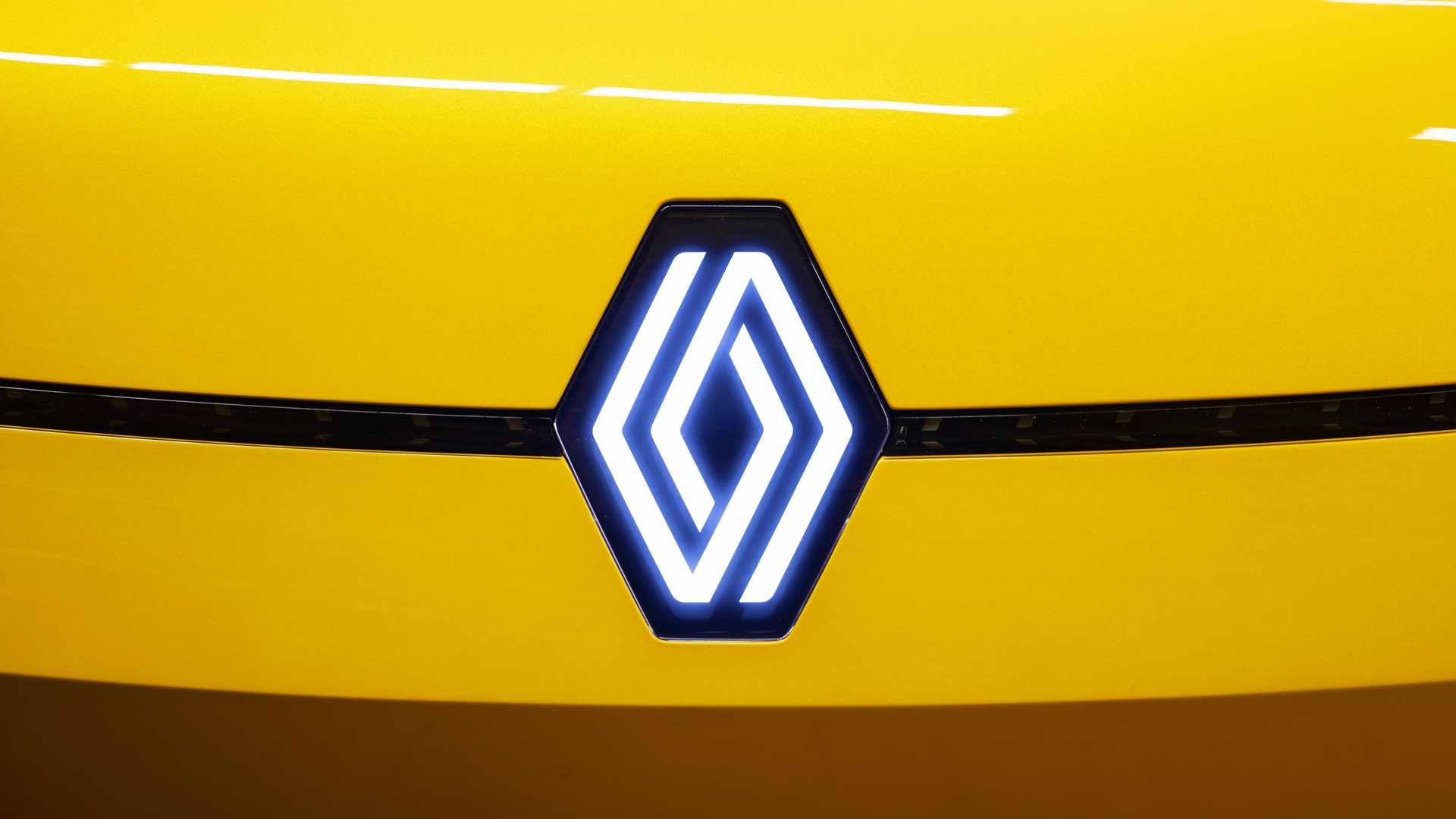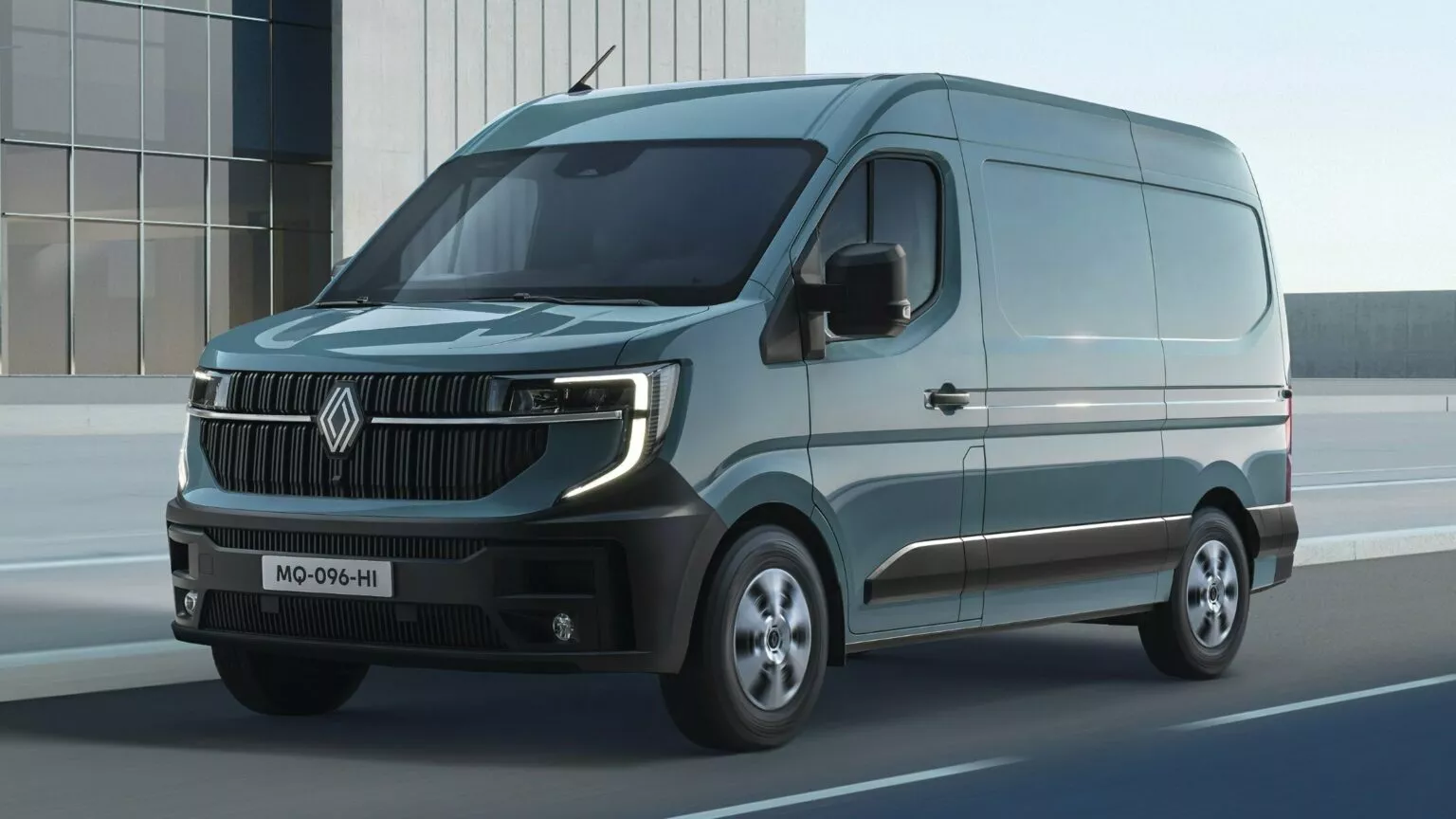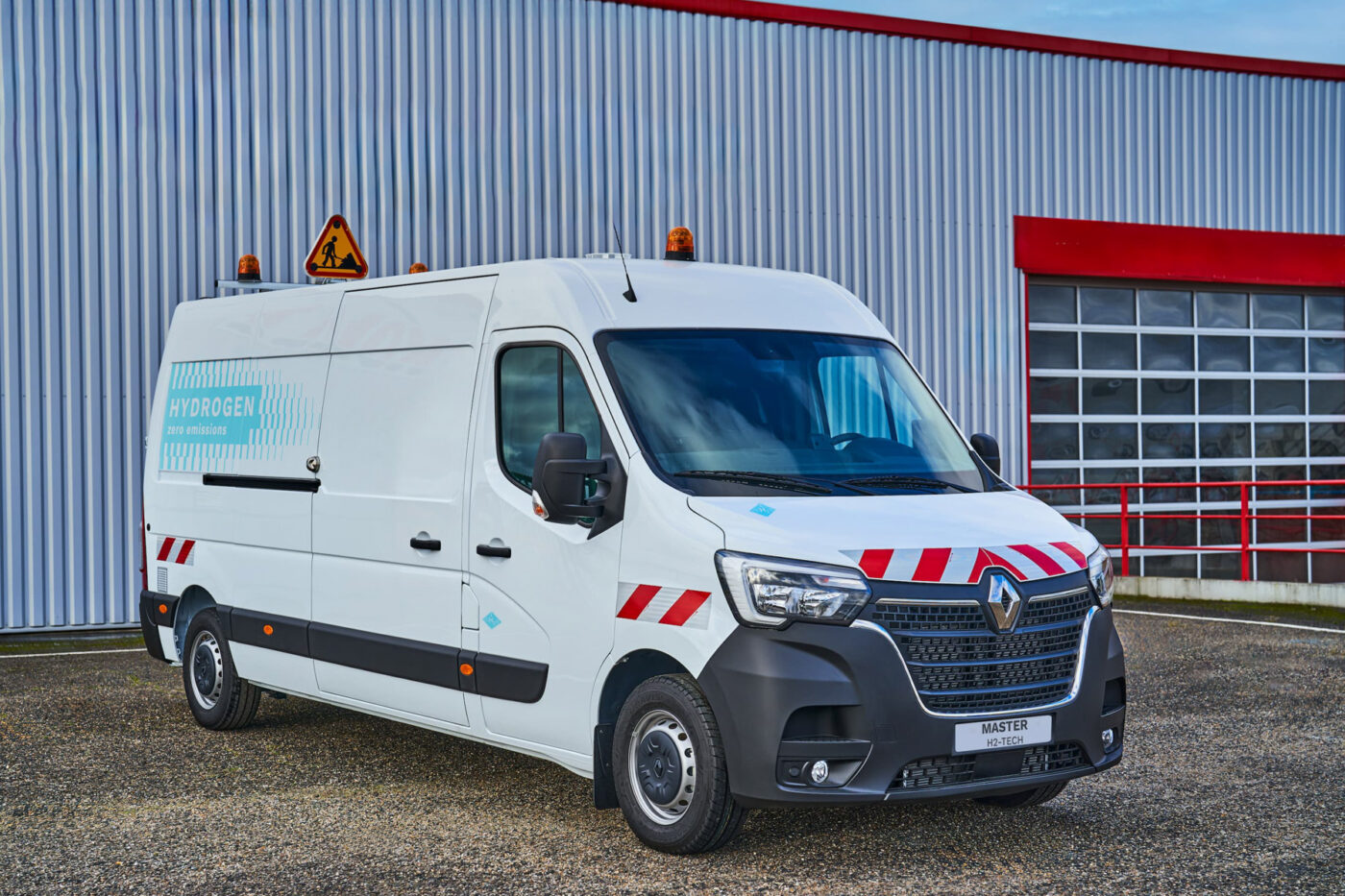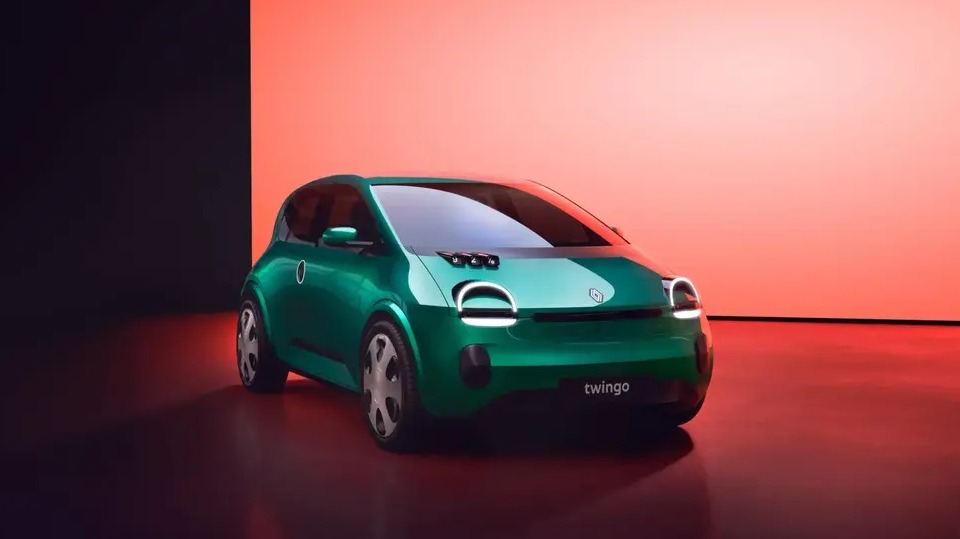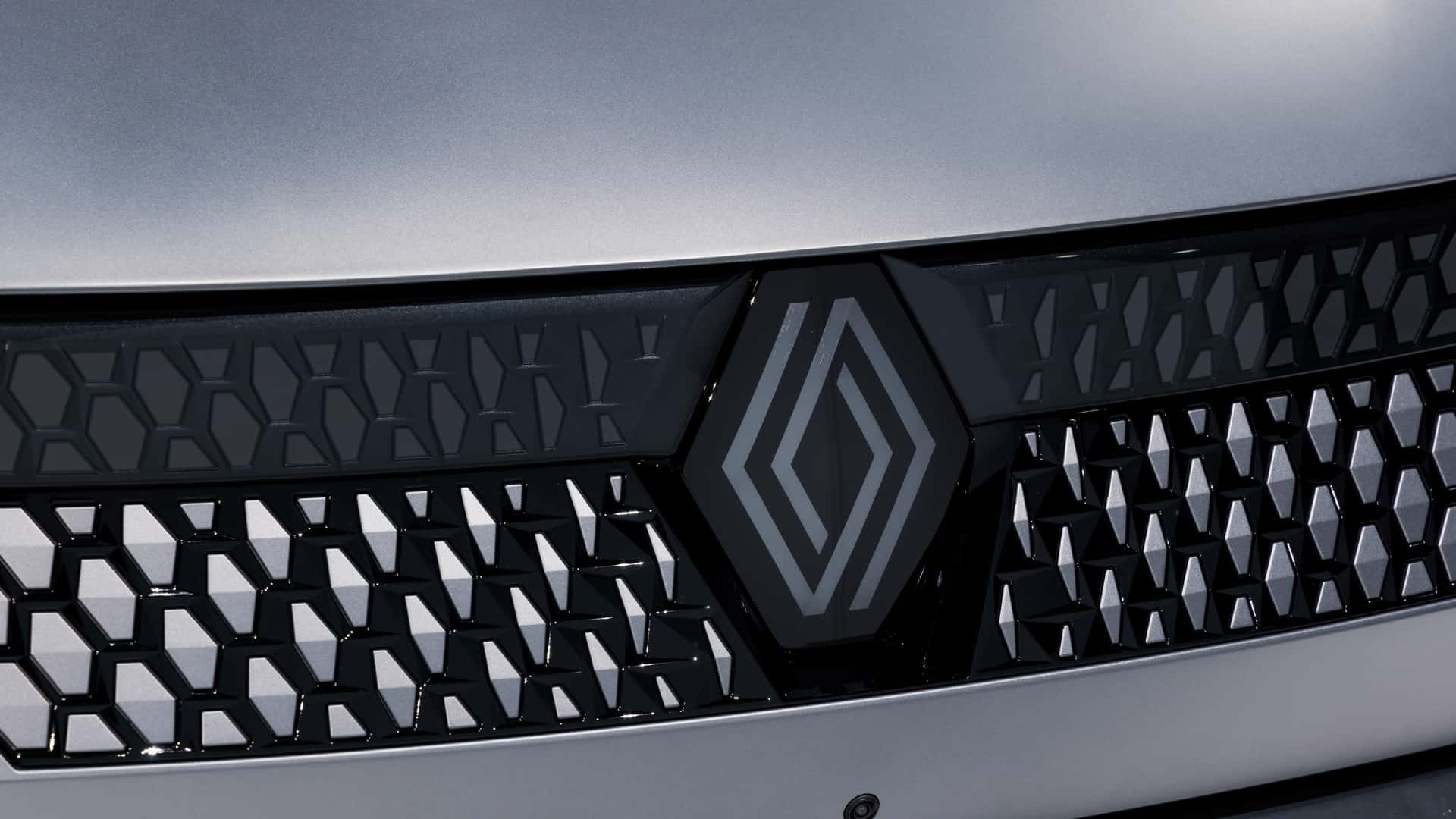French automaker Renault disclosed ambitious revenue projections for its electric vehicles unit, Ampere, which it intends to list on the market in the coming year. Ampere foresees revenues surging to 10 billion euros ($10.8 billion) by 2025, with an even more ambitious target of 25 billion euros by 2031, signifying a doubling of its financial prowess.
Renault outlined key financial objectives for Ampere, including an anticipated break-even in 2025 and a targeted operating margin of at least 10% starting from 2030. These targets precede an investor day where Renault seeks to garner support for its planned initial public offering scheduled for spring 2024.
However, the execution of this plan encounters challenges due to sluggish demand for electric vehicles (EVs), market volatility, and heightened competition from Chinese counterparts. Sources close to the deal informed Reuters last month that the envisioned valuation of 8 to 10 billion euros by Renault CEO Luca de Meo seemed overly ambitious in the current market conditions.
Thierry Pieton, Renault’s Finance Chief, emphasized the company’s commitment to not underselling Ampere, expressing confidence in Renault’s substantial cash flow to sustain the unit even if the desired IPO valuation is not achieved. “We are not going to give it away,” Pieton stated firmly.
When asked about alternative options, such as distributing Ampere shares to existing Renault shareholders instead of proceeding with the IPO, Pieton acknowledged Renault’s openness to other possibilities but affirmed that the IPO remains the preferred option.
Insiders revealed to Reuters last month that Renault might reconsider the IPO if Ampere’s overall valuation falls below 7 billion euros.
Pieton also highlighted Renault’s strategic goal of achieving price parity between EVs and combustion engine cars sooner than its competitors. The company aims to sell EVs at equivalent prices to traditional models, with smaller EV models reaching price parity within the next two years and larger ones by 2027-28.
“We want to democratize EVs in Europe. We will reduce our costs to lower our prices, while improving our margins at the same time,” Pieton explained, underscoring Renault’s commitment to making electric mobility more accessible.

